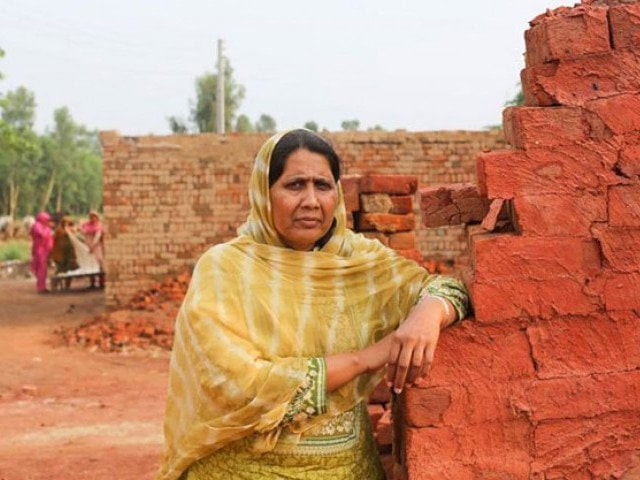Bonded humans of Pakistan
What is needed is a crackdown on bonded labour in the country, and an implementation of relevant labour laws

The question is, why we in Pakistan, people and the government, cannot see the brutality of brick kiln owners and end it? What HONY has displayed is nothing new or unique. These are stories that we, as a society, often come across. Yet, we remain largely indifferent to such exploitation. There are an estimated 2.8 million bonded labourers employed in agriculture and brick kilns, but their sufferings barely hurt people’s conscience. One often reads about the horrors of slavery that existed in distant countries a long time ago, but we are oblivious to the plight of our own people who are sold from one brick kiln owner to another, in present-day Pakistan. Brick kiln owners are often influential people having connections with the powerful of the land and so are often immune from the reaches of the law. There seems to be little motivation at the governmental level to put an end to this modern-day slavery right in the heart of Pakistan. What is needed is a crackdown on bonded labour in the country, and an implementation of relevant labour laws. However, given the current state of affairs, this appears to be a distant dream.
Published in The Express Tribune, August 20th, 2015.
Like Opinion & Editorial on Facebook, follow @ETOpEd on Twitter to receive all updates on all our daily pieces.















COMMENTS
Comments are moderated and generally will be posted if they are on-topic and not abusive.
For more information, please see our Comments FAQ